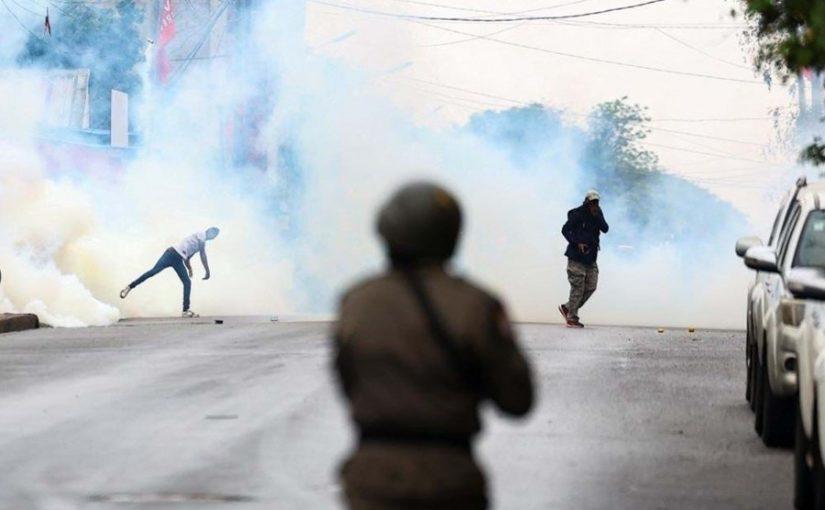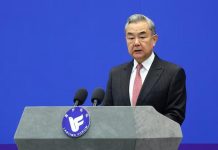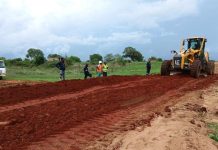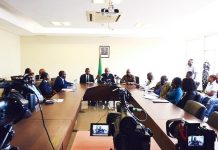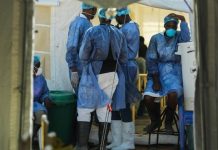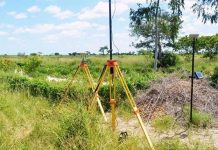Africa-Press – Mozambique. The Mozambican police said on Tuesday that they use “legitimate means” to disperse demonstrators, admitting the possibility of injuries during the dispersal of protests that block roads and the movement of people and goods.
“The appeals are exhausted, so people should refrain from committing vandalism, but also from blocking roads and, in the circumstances of exhaustion of these appeals, sometimes the demonstrators or those who propose to demonstrate create situations of vandalism and we have legitimate means of preventing these situations,” said the head of the public relations department of the Mozambican police general command (PRM), Leonel Muchina.
At a press conference in Maputo, he repeated that the police authorities have used “means of dispersing the crowds” to stop protests, saying that these are “legitimate”, giving “tear gas” as an example.
“In these circumstances there may be injuries (…), which are involuntary situations,” said Muchina.
The official said that ” protesting is constitutional”, but asked for “respect” for the other fundamental rights of citizens, pointing out that “the right of some to come and go cannot be jeopardised by those who set out to block roads”.
“There are social services that are jeopardised, people can’t access hospitals, precisely because some understand that their right has greater value over others and in these circumstances there is sometimes a need to disperse the masses to enable access to the road,” said Leonel Muchina.
The Mozambican police also told journalists that no one should be coerced into taking part in a meeting or demonstration, arguing that “violent protests” set back the country’s development.
Mozambique has been experiencing a climate of intense social unrest since October, with demonstrations and stoppages first called by former presidential candidate Venâncio Mondlane, who rejects the election results that gave victory to Daniel Chapo.
The protests, currently on a small scale, continue to take place in different parts of the country and, as well as contesting the results, the people are complaining about the rising cost of living and other social problems.
Since October, at least 357 people have died, including around two dozen minors, according to the Decide platform, which monitors the electoral process.
The Mozambican government has confirmed at least 80 deaths, as well as the destruction of 1,677 commercial establishments, 177 schools and 23 health centres during the demonstrations.
For More News And Analysis About Mozambique Follow Africa-Press

